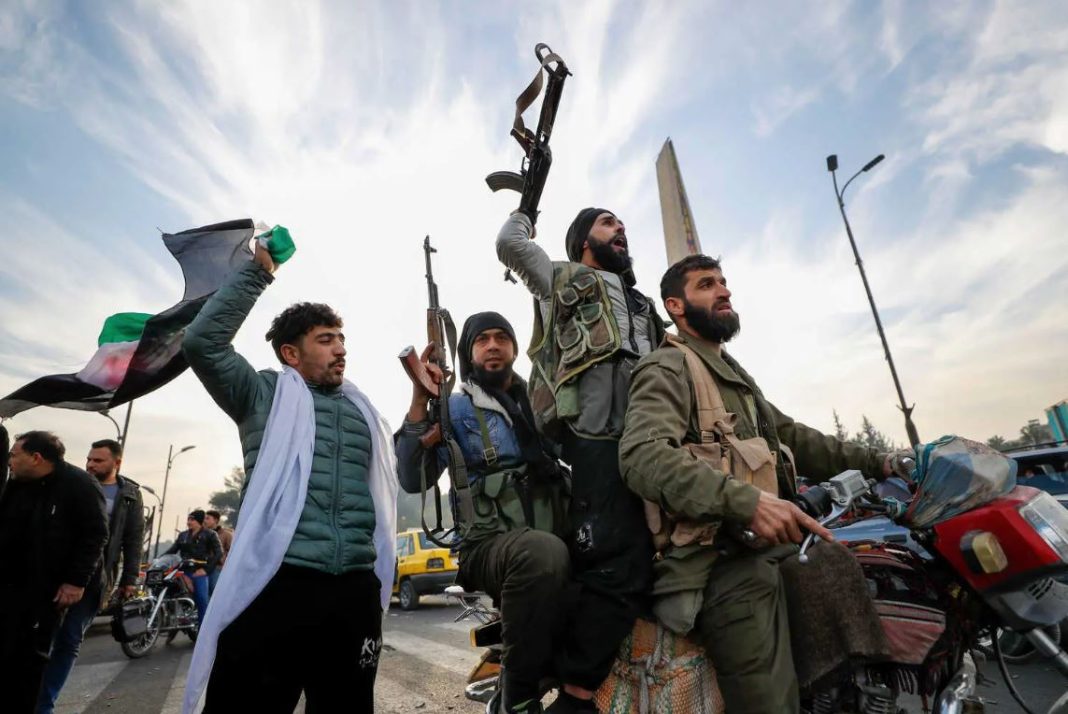“Syria seeks to chart a new course following the fall of the former regime just one month ago. Decisions taken now will determine the future for a long time to come. There are great opportunities and real dangers,” UN Special Envoy for Syria Geir Pedersen told the Security Council.
Pedersen expressed the UN’s readiness to provide support to Syria to “get the next phase right.”
Highlighting the new government’s meetings with a “very broad range” of representatives and groups in Syria, he urged the administration to “extend the hand of reassurances and trust to all communities in Syria, fostering the active engagement of all in building Syria.”
“There are also very real threats to Syria’s sovereignty, unity and territorial integrity,” Pedersen added, warning about continued attacks by the PKK/YPG and its affiliate SDF.
“The northeast, as well as part of Aleppo city, remain under the control of SDF and YPG,” he said.
“I continue to call for and support the further development of all channels of dialog, and to urge all parties to find a way forward without military confrontation,” he added.
Pedersen expressed concern over “continued Israeli military presence and activity, including beyond the area of separation, in violation of the 1974 disengagement agreement.”
Calling on the Israeli army to end restrictions on freedom of movement, the UN envoy stressed that “attacks on Syria’s sovereignty and territorial integrity must stop.”
He also demanded Israel to end attacks on civilians and warned that the attacks “further jeopardize the prospects for an orderly political transition.”
“I welcome the recent issuance of a new temporary general license by the United States government, but much more significant work in fully addressing sanctions and designations will inevitably be necessary,” he said.
Pedersen noted Security Council Resolution 2254, which encourages a cease-fire and political settlement, can no longer “be applied in the literal manner” as he stated that the Assad government will not be included in any future talks.
“Clearly, there is a need for a new approach, and months of thinking on many fronts,” he added.
The collapse of the Syrian government on Dec. 8 coincided with an escalation of Israeli military attacks on the country.
The Israeli army began destroying military infrastructure and facilities left by the Syrian army and expanded its occupation of the Syrian Golan Heights.
Israeli forces, which entered the buffer zone around the Golan Heights, carried the occupation further and penetrated as far as 25 kilometers (15.53 miles) from Damascus.
